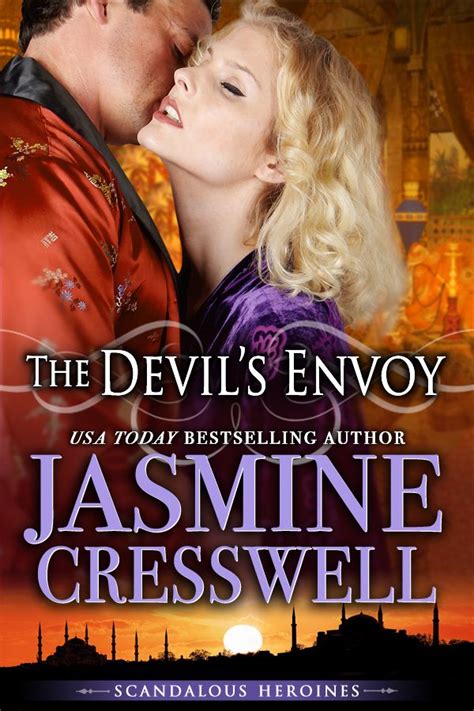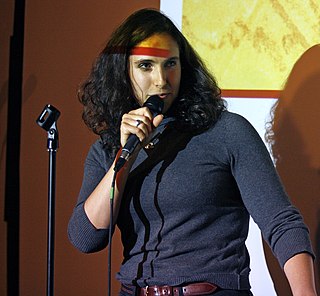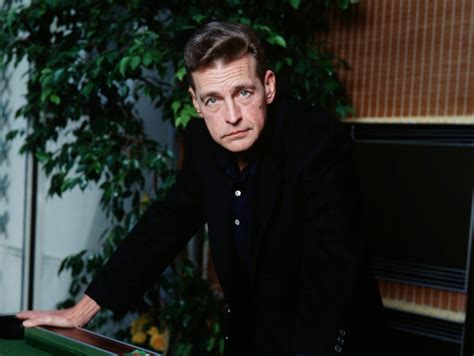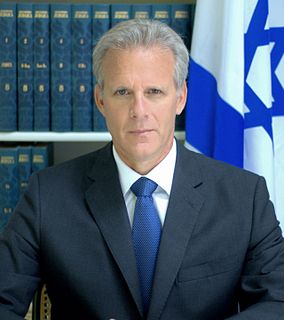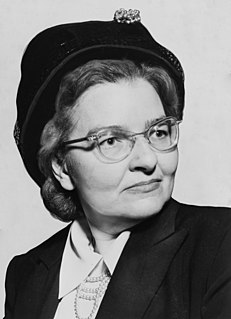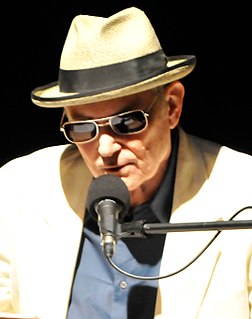A Quote by Kevin Barry
At one point I would read nothing that was not by the great American Jews - Saul Bellow, Philip Roth - which had a disastrous effect of making me think I needed to write the next great Jewish American novel. As a ginger-haired child in the West of Ireland, that didn't work out very well, as you can imagine.
Related Quotes
The last publicized center of American writing was Manhattan. Its writers became known as the New York Intellectuals. With important connections to publishing, and universities, with access to the major book reviews, they were able to pose as the vanguard of American culture when they were so obsessed with the two Joes--McCarthy and Stalin--that they were to produce only two artists, Saul Bellow and Philip Roth, who left town.
Roth Unbound is filled with intelligent readings and smart judgments. Because of the author's sympathy and sharp mind, it offers real insight into the creative process itself, and into Philip Roth's high calling as a great American artist. The book is, in some ways, a radical rereading of Roth's life and his work. It is impossible, by the end, not to feel a tender admiration for Roth as a novelist and indeed for Claudia Roth Pierpont as an empathetic and brilliant critic.
To me, no painter has ever quite understood the light, the distances, the aboriginal ghostliness of the American West as well as Maynard Dixon. The great mood of his work is solitude, the effect of land and space on people. While his work stands perfectly well on its claims to beauty, it offers a spiritual view of the West indispensable to anyone who would understand it.
I think there is an American attitude that is very hard to break which is "We're great. Who wouldn't want to be like us? Who wouldn't want to have the benefits of our largesse, handing out aid and having American companies based in their countries?" and "our culture is great," and all that. It's hard for us to imagine ourselves as not being the greatest country on earth.
The Jews don't like Farrakhan, so they call me Hitler. Well, that's a good name. Hitler was a very great man. He wasn't a great man for me as a black person, but he was a great German. Now, I'm not proud of Hitler's evils against Jewish people, but that's a matter of record. He raised Germany up from nothing. Well, in a sense you could say there's a similarity in that we are raising our people up from nothing.
When I was a kid, I'd go to the African-American section in the bookstore, and I'd try and find African-American people I hadn't read before. So in that sense the category was useful to me. But it's not useful to me as I write. I don't sit down to write an African-American zombie story or an African-American story about elevators. I'm writing a story about elevators which happens to talk about race in different ways. Or I'm writing a zombie novel which doesn't have that much to do with being black in America. That novel is really about survival.
It has been estimated that of the world Jew population of approximately fifteen millions, no fewer than five million are in the United States. Twenty-five percent of the inhabitants of New York are Jews. During the Great War we bought off this huge American Jewish public by the promise of the Jewish National Home in Palestine, held by Ludendorff to be the master stroke of Allied propaganda as it enabled us not only to appeal to Jews in America but to Jews in Germany as well.
When I went to the University of Iowa in order to be a writer, I thought, This is the worst way to learn how to write. To sit in a room with a bunch of would-be writers, who want to write the Great American Novel, every one of them, and you read their stories and they read yours, and you're not living a life. I don't like that. I like learning on the job. The character of my work has definitely evolved from the character of my life.
There's the fact that American fiction is basically the most apolitical fiction on the globe. A South American writer wouldn't dare think of writing a novel if it didn't allude to the system into which these people are orchestrated - or an Eastern European writer, or a Russian writer, or a Chinese writer. Only American writers are able to imagine that the government and the corporations - all of it - seem to have no effect whatsoever.






